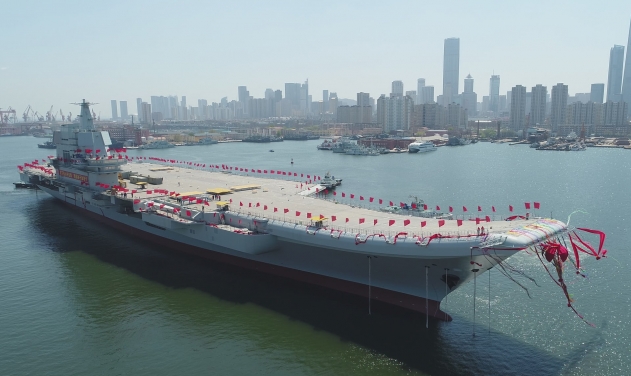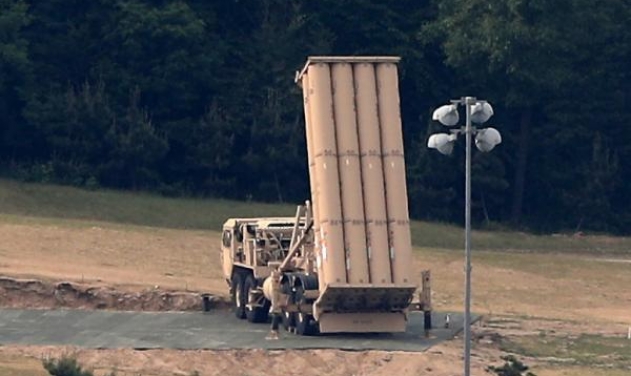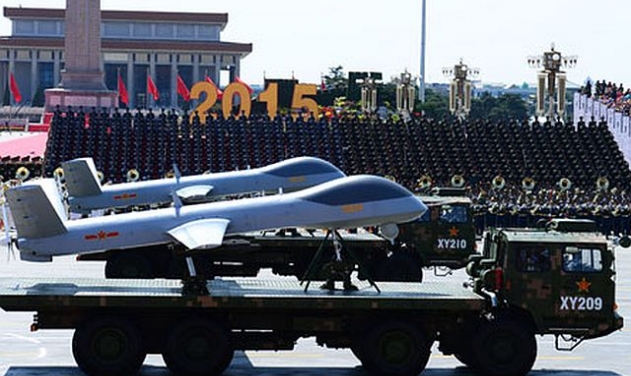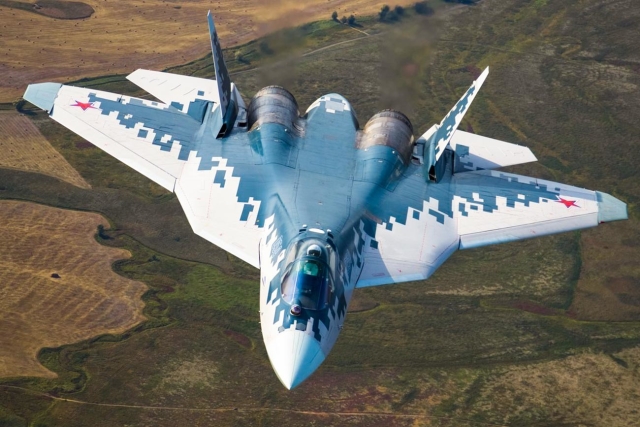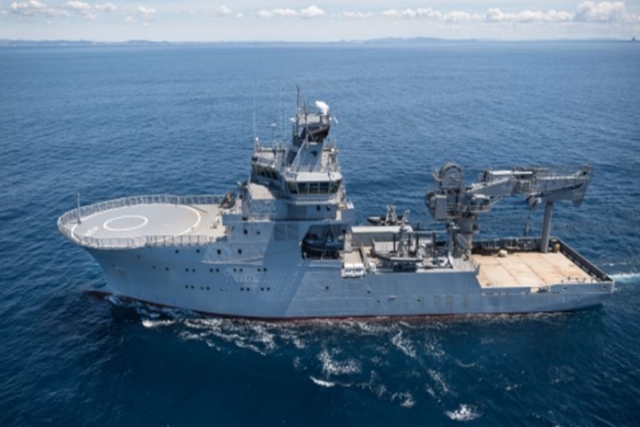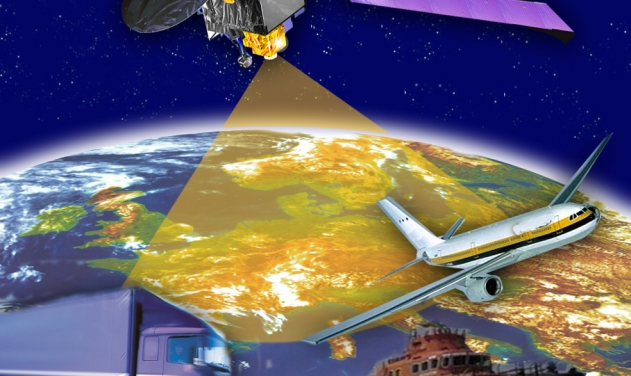Non-aggression Pact with ASEAN Nations May Start This Year: China
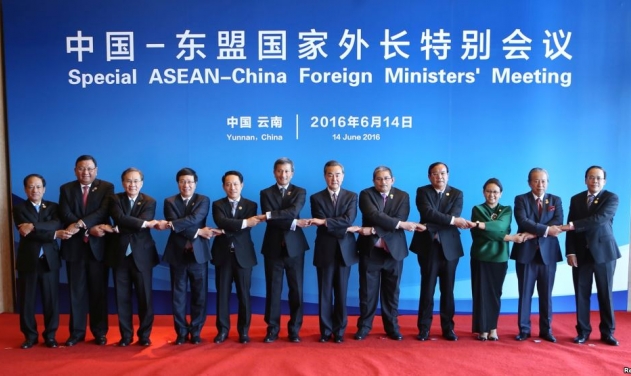
The talks for a non-aggression pact aimed at preventing clashes in disputed South China Sea region may start this year if, “outside parties’ don’t cause a major disruption, Chinese top diplomat has said.
The start of talks for a "code of conduct" in the disputed waters may be announced by the 10-member association, ASEAN in November during their annual summit in Philippines, Chinese Foreign Minister Wang Yi was quoted as saying by Philstar Sunday.
"If there is no major disruption from outside parties, with that as the precondition, then we will consider during the November leaders' meeting, we will jointly announce the official start of the code of conduct consultation," Wang said taking potshots at US without naming the nation.
"China and ASEAN have the ability to work together to maintain regional peace and stability and we will work out regional rules that we mutually agreed upon so as to open up a bright future for our future relations," he said.
A Philippine government spokesman, Robespierre Bolivar, also announced that ASEAN and Chinese ministers have approved a framework for the code and agreed on steps to start negotiations on the maritime accord. He did not mention any preconditions.
"We think all of the countries in the region should agree that while they have this diplomatic process going on that they would stop improving or expanding or militarizing any of their outposts," Thornton said.
China had long been perceived as delaying negotiations with ASEAN for the maritime code to allow it to launch and complete its land reclamations in the South China Sea without any such regulatory restrictions. Wang's mention of the vague conditions can allow China to delay or halt the planned talks for any reason.
While China has had robust economic ties with Southeast Asia, a diverse region of more than 600 million people with a combined GDP of $2.4 trillion, both have tangled for years over the territorial conflicts. Tensions flared alarmingly in recent years over China's island-building works in one of the most disputed regions, where US naval and aerial patrols have challenged Beijing's claims.
ASEAN foreign ministers failed to promptly issue a joint communique after their annual gathering Saturday due to a disagreement over whether to include criticism, even indirectly, of China's increasingly assertive moves in the contested territories and the way to express concern over North Korea's intercontinental ballistic missile tests, two Southeast Asian diplomats told The Associated Press on yesterday.
